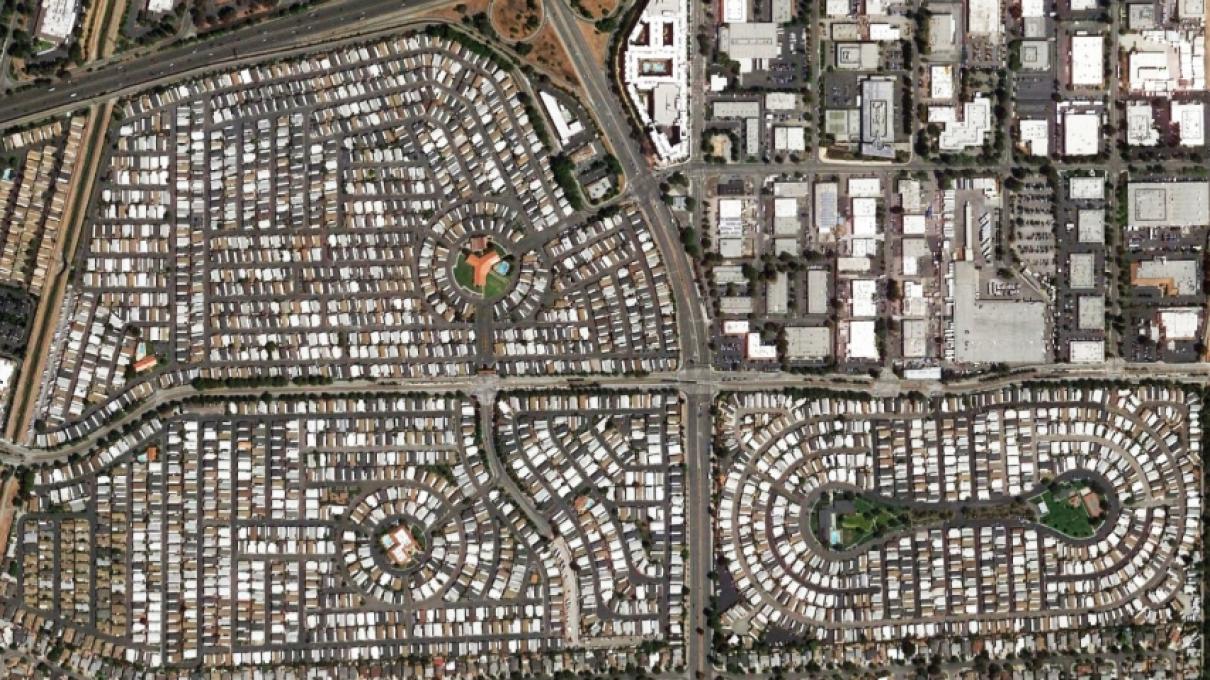Manufacturing Security

Zachary Lamb, Linda Shi, Lawrence Vale, Paul Bradley
This project assesses how collective land ownership impacts the resilience of low-income residents of manufactured housing communities (MHCs). MHCs are a significant and understudied form of low-income housing across the rural-to-urban continuum. Nearly 10% of all new housing units constructed each year are manufactured housing and more than half of these units are located in suburban or central city locations (Prosperity Now 2018). Manufactured housing represents the largest source of unsubsidized affordable housing in America. Residents of MHCs face a dual burden of insecurity; they are disproportionately vulnerable to both environmental hazards (e.g., floods and tornadoes) and displacement by eviction. Over the last decade, Resident Owned Communities (ROC-USA) has enabled residents in some 250 MHCs nationwide to cooperatively buy the land on which their houses sit. Research has shown that increased housing tenure security can make low-income households more resilient to stresses of all kinds, including natural hazards. Anecdotal evidence suggests that cooperative land ownership may support collective resilience by increasing residents’ self-governance capacity and enabling investments in infrastructure like drainage networks and storm shelters.
This research assesses how ROC’s cooperative model shapes the resilience of residents. The team includes researchers with expertise in climate change adaptation, low-income housing tenure and governance, and urban and architectural design. The team also includes the leadership of ROC-USA, the leading provider of technical assistance and financing in this sector. Land and property ownership are at the core of the dual crises of socio-economic inequality and uneven environmental vulnerability. ROC-USA’s cooperative model has shown promise in expanding community control for low-income residents. This research assesses to what extent this model supports equitable resilience.
This research is funded by 2020 Norman B. Leventhal Center for Advanced Urbanism Seed Grant.


